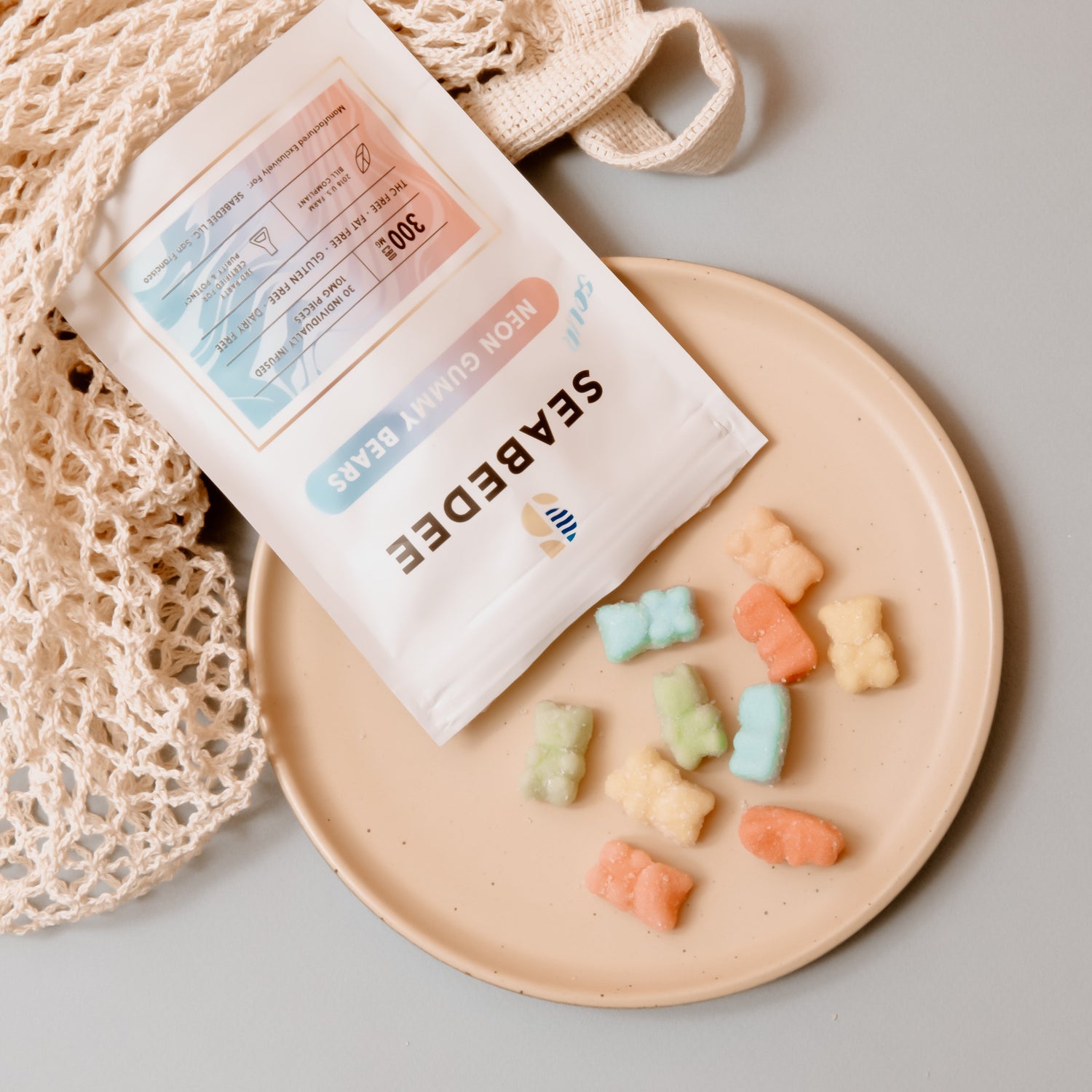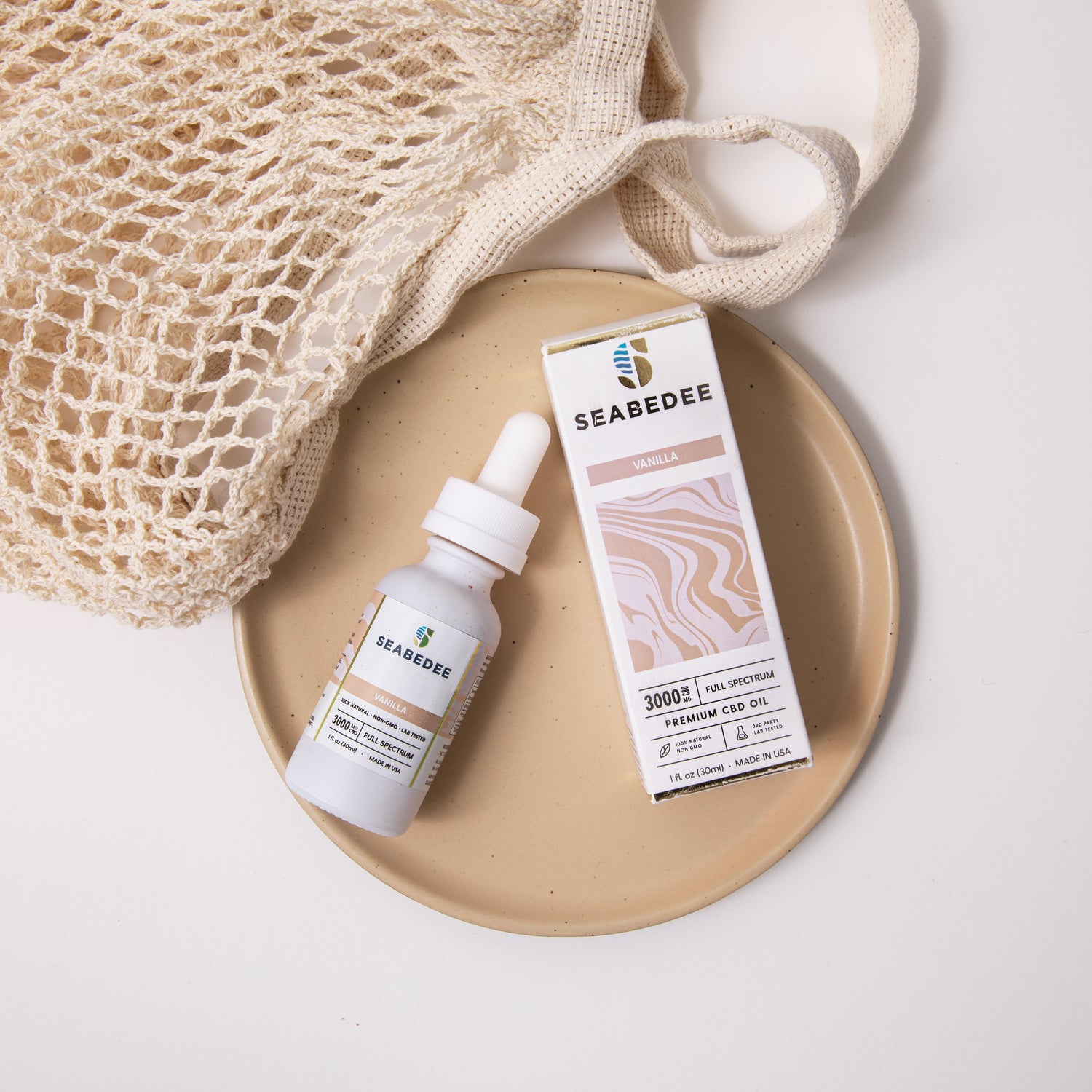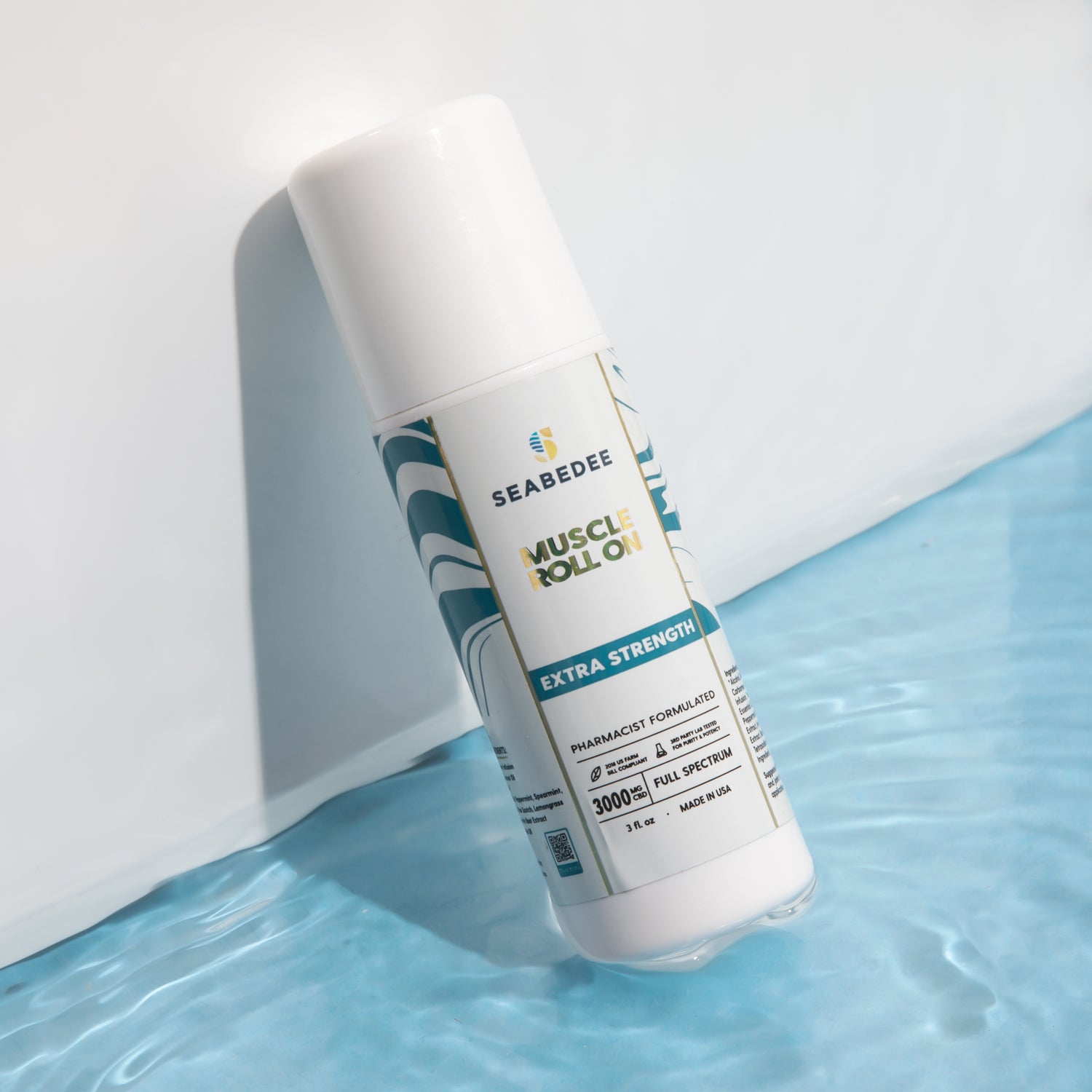CBD has gained significant attention in recent years, touted for its potential health benefits and versatility. However, with its rise in popularity comes a wave of misinformation and misconceptions that can confuse consumers. Many people still harbor myths about CBD that can hinder their understanding of its true benefits and applications. From its legality to its effects on health, it’s essential to separate fact from fiction to make informed decisions. In this blog post, we will explore common myths surrounding CBD and provide factual information to help clarify these misconceptions. Seabedee is committed to educating our customers about CBD and empowering them to make informed choices about their health.
As CBD continues to integrate into the wellness industry, understanding its properties is more important than ever. Despite the growing body of research supporting its benefits, misconceptions about CBD persist, often stemming from its association with cannabis and lack of regulation. This blog post aims to debunk common myths surrounding CBD, shedding light on its safety, legality, and efficacy. We will provide evidence-based facts that can help consumers navigate the world of CBD confidently. At Seabedee, we strive to deliver high-quality CBD products backed by research and transparency. Join us as we set the record straight on CBD myths and facts.
CBD Myths and Facts: Debunking Common Misconceptions
Myth: CBD Gets You High
One of the most prevalent myths surrounding CBD is that it gets you high. Many people confuse CBD with THC, the psychoactive compound found in cannabis that is responsible for the "high" sensation. In reality, CBD is a non-psychoactive compound, meaning it does not produce the euphoric effects associated with THC. This key difference allows users to enjoy the potential benefits of CBD without the mind-altering effects.
The lack of a psychoactive effect makes CBD a more appealing option for those seeking relief from various conditions without the intoxication. Many individuals who want to avoid the high associated with cannabis use choose CBD for its therapeutic potential. With Seabedee’s high-quality CBD products, you can experience the benefits without any psychoactive effects.
By understanding this fundamental distinction, consumers can make informed choices about their CBD usage. It’s essential to educate yourself on the differences between cannabinoids to fully appreciate what CBD can offer.
Myth: All CBD Products Are the Same
Another common misconception is that all CBD products are created equal. In reality, there are various types of CBD products, each with different formulations and effects. For example, full-spectrum CBD contains all the cannabinoids, terpenes, and other compounds found in the hemp plant, while broad-spectrum CBD contains multiple cannabinoids but is THC-free. Isolate CBD is the purest form, consisting solely of CBD without any additional compounds.
The differences in formulations can lead to varying effects and benefits, making it crucial for consumers to choose the right product for their needs. Quality matters too; not all CBD products undergo rigorous testing for purity and potency. Seabedee prioritizes quality and transparency, ensuring our products are third-party tested for safety and efficacy.
Understanding these distinctions can empower consumers to select the most suitable CBD product for their individual needs. Whether you’re looking for pain relief, anxiety reduction, or general wellness support, knowing the types of CBD can help guide your choice.
Myth: CBD Is Illegal Everywhere
Despite the confusion surrounding CBD, another myth is that it is illegal everywhere. While CBD is derived from hemp, which is federally legal in the United States, regulations vary by state and country. The 2018 Farm Bill legalized hemp-derived CBD products containing less than 0.3% THC at the federal level, but some states have implemented their own regulations regarding CBD sales and use.
In some countries, CBD is still considered illegal or heavily regulated, making it essential for consumers to understand local laws before purchasing or using CBD products. This legal landscape can be confusing, leading many to mistakenly believe that CBD is illegal across the board. Seabedee encourages consumers to research their local laws to ensure compliance.
It’s also worth noting that even in areas where CBD is legal, products may be subject to restrictions, such as age limitations for purchase or specific labeling requirements. Being informed about the legal status of CBD in your area can help prevent misunderstandings and ensure a smooth experience.
Myth: CBD Is Only for Specific Conditions
Many people believe that CBD is only effective for specific health conditions, such as epilepsy or chronic pain. While there is substantial research supporting CBD's efficacy for these conditions, its potential benefits extend far beyond them. CBD has been studied for its effects on various health issues, including anxiety, depression, inflammation, and even sleep disorders.
By interacting with the body’s endocannabinoid system, CBD may help regulate various physiological functions, promoting overall balance and well-being. This versatility allows CBD to be a beneficial addition to many people’s health routines, regardless of their specific concerns. Seabedee’s range of CBD products is designed to support a variety of health and wellness needs.
Furthermore, as research continues to emerge, the potential applications of CBD are expanding. While some may associate CBD with particular conditions, it’s important to recognize its broader potential for promoting overall health.
Myth: CBD Has No Side Effects
While many users find CBD to be well-tolerated, it is a myth to assume that CBD has no side effects. Like any supplement or medication, CBD can produce side effects in some individuals. Common side effects may include drowsiness, dry mouth, changes in appetite, and gastrointestinal discomfort.
The likelihood of experiencing side effects can depend on several factors, including dosage, individual sensitivity, and the specific product used. It’s essential for consumers to start with a low dose of CBD and gradually increase it while monitoring their body’s response. Seabedee encourages responsible use and consultation with a healthcare professional, especially for those with pre-existing health conditions or those taking other medications.
By being aware of potential side effects, users can make informed choices about their CBD consumption. Understanding that side effects are possible can help users approach CBD with realistic expectations and a focus on responsible use.
Myth: CBD Is Addictive
Another common myth is that CBD is addictive. Unlike THC, CBD does not produce the same euphoric effects that can lead to dependence or addiction. In fact, research suggests that CBD may help mitigate cravings and withdrawal symptoms in individuals recovering from substance use disorders.
The World Health Organization has also stated that CBD does not appear to have abuse potential, indicating its safety as a non-addictive compound. Many users turn to CBD as a natural alternative for managing anxiety and stress without the risk of developing a dependency. Seabedee’s commitment to quality ensures that our CBD products provide the benefits without the risks associated with addiction.
This myth can deter individuals from exploring CBD's potential benefits. Understanding that CBD is not addictive can empower more people to consider it as a viable option for their health and wellness.
Myth: All CBD Products Will Show Up on a Drug Test
A common concern among CBD users is whether consuming CBD products will result in a positive drug test. Many people believe that any CBD consumption will show up on a drug test, which is not entirely accurate. While pure CBD should not result in a positive drug test, full-spectrum CBD products contain trace amounts of THC, which could potentially lead to a positive result.
Individuals who are subject to drug testing, such as athletes or employees in certain industries, should be cautious about the CBD products they use. Choosing broad-spectrum CBD or CBD isolate, which are THC-free, may help mitigate this risk. Seabedee offers a variety of THC-free products to cater to those concerned about drug testing.
Understanding the nuances of drug testing and CBD consumption can help users make informed decisions. Being aware of the potential for THC to appear in drug tests allows consumers to choose products that align with their personal or professional requirements.
Myth: CBD Is a Miracle Cure
While CBD has shown promise for various health benefits, it is a myth to view it as a miracle cure for all ailments. The effects of CBD can vary significantly from person to person, and not everyone will experience the same results. While some users may find relief from specific conditions, others may not see the same benefits.
It’s important to approach CBD with realistic expectations and understand that it is not a replacement for medical treatments. CBD can be a helpful addition to a wellness routine, but it should not be viewed as a one-size-fits-all solution. Seabedee encourages individuals to consider CBD as part of a comprehensive health plan, working in conjunction with other therapies or treatments as needed.
By recognizing the limitations of CBD, consumers can better appreciate its potential benefits without falling victim to unrealistic claims. Staying informed and approaching CBD with an open yet cautious mindset is key to maximizing its effectiveness.
Myth: CBD Products Are Not Regulated
Many consumers believe that CBD products are unregulated and therefore unsafe. While it’s true that the CBD market is still evolving and may lack comprehensive regulations, there are standards in place to ensure product quality. The FDA has provided guidelines for hemp-derived CBD products, and many reputable brands voluntarily adhere to third-party testing for safety and potency.
Consumers should seek out brands that prioritize transparency and provide lab results for their products. Seabedee is committed to quality and transparency, ensuring that our CBD products are thoroughly tested and free from harmful additives. By choosing reputable brands, consumers can feel confident in the safety and efficacy of their CBD products.
Understanding the current regulatory landscape can help consumers navigate the CBD market more effectively. Being informed about product testing and quality standards allows users to make choices that align with their health and safety needs.
Myth: CBD Oil Is the Only Form of CBD
Many people mistakenly believe that CBD oil is the only form of CBD available. In reality, CBD comes in various forms, including tinctures, capsules, gummies, topicals, and even beverages. Each form offers unique benefits and application methods, allowing consumers to choose the option that best suits their preferences and lifestyle.
For example, CBD gummies can be a convenient and tasty way to consume CBD, while topical creams can provide localized relief for skin issues or muscle pain. Understanding the different forms of CBD allows consumers to customize their CBD experience according to their needs. Seabedee offers a diverse range of CBD products to cater to various preferences and use cases.
By exploring the various forms of CBD, consumers can find the most suitable option for their lifestyle and health goals. This flexibility in product choices makes it easier for individuals to incorporate CBD into their daily routines.



